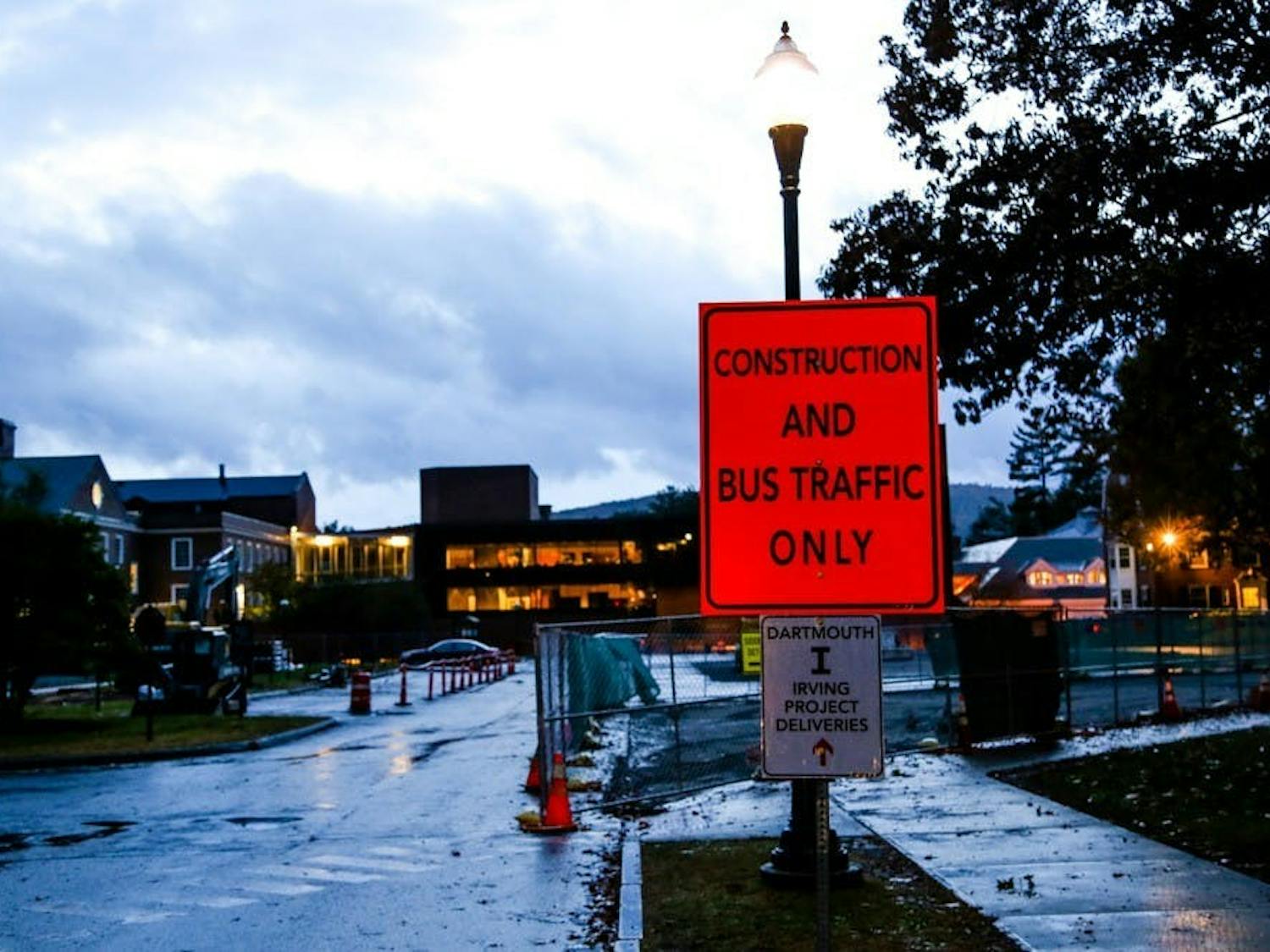College, students prepare for remote summer term, fall plans remain uncertain
By Jennifer Chen and Andrew Sasser | April 28, 2020Now that the summer term is officially remote, students and College officials alike have had to reconfigure their plans.





